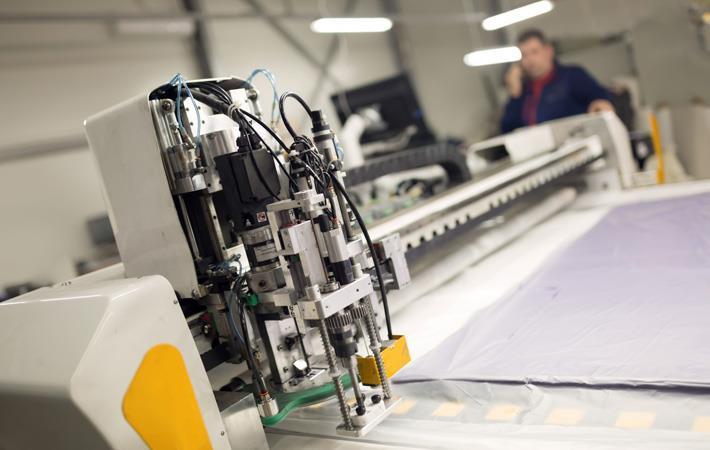Though Bangladesh is now the second-largest garment exporter worldwide with a 6.4 per cent market share, Vietnam, whose exports have been rising rapidly and which expects its apparel shipments to cross $40 billion by the end of this year, may soon overtake it. Vietnam needs to maintain export growth at 11-12 per cent for the rest of the year to achieve that.
During the first eight months of the current fiscal, Bangladesh exported garments worth $21.84 billion. However, according to the country’s Export Promotion Bureau figures, exports declined by 5.53 per cent year on year, according to a report on a website dedicated to fashion and textile industry news.Though Bangladesh is now the second-largest garment exporter worldwide with a 6.4 per cent market share, Vietnam, whose exports have been rising rapidly and which expects its apparel shipments to cross $40 billion by the end of this year, may soon overtake it. Vietnam needs to maintain export growth at 11-12 per cent for the rest of the year to achieve that.#
Revenues too declined by 13.45 per cent during these eight months to $25.24 billion. Between July and February, the country recorded $10.89 billion from its shipment of knitwear products and $10.94 billion from the woven product shipments. Exports of knitwear and woven products declined 5.17 per cent and 5.88 per cent respectively during the year.
If the country’s shipments do not rise abnormally, Bangladesh might not achieve its target of exporting $38.20 billion worth of garment by the end of this fiscal.
The country’s garment exports have been declining due to the closure of nearly 200 small garment factories over the last few years. It also reflects falling competitiveness of the readymade garments industry, whose exports dipped by 7.74 per cent during July-November of fiscal 2019-20.
Some major reasons behind the slowdown are: policy incentives by competitor countries which enable them to get more business by lowering prices; increase in production cost fueled by a minimum wage increase in December last year; poor efficiency and relatively higher cost of doing business and over concentration of the industry to a few product items and over-concentration of markets.
In contrast, Vietnam has been performing strongly as it recently signed a free trade agreement with the European Union. Another big advantage is abundant Chinese investment there and higher factory productivity.
Vietnam is a better choice for investment than Bangladesh as the country is concentrating on product diversification, while Bangladesh still manufactures basic apparels.
Bangladesh also lags in the production of technical and smart clothing items, which prevents it from tapping the global market for hospital clothing, school uniforms and armed forces, the report said.
Fibre2Fashion News Desk (DS)
